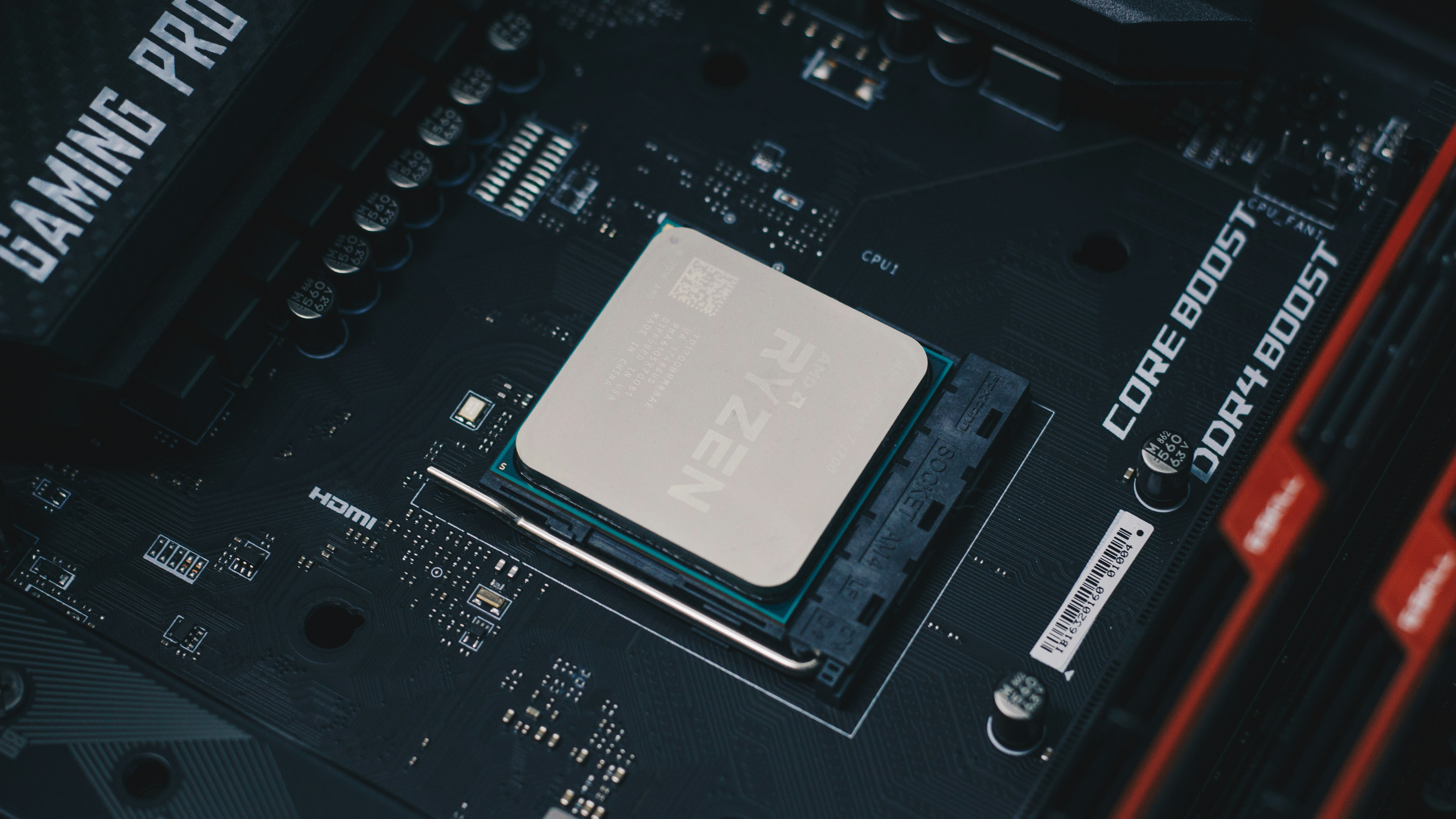FPGA Design Engineer
FPGA Design Engineer - St. Neots, Cambridgeshire - Permanent Up to £70,000 depending on experience 25 days annual leave inclusive of up to 3 days Christmas shut-down Buy or sell up to 5 days’ annual leave Annual Wellbeing allowance Two pension schemes to choose from Private Medical Insurance + discounts for additional family members Life Assurance scheme up to 4...





